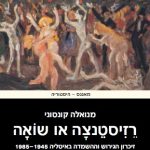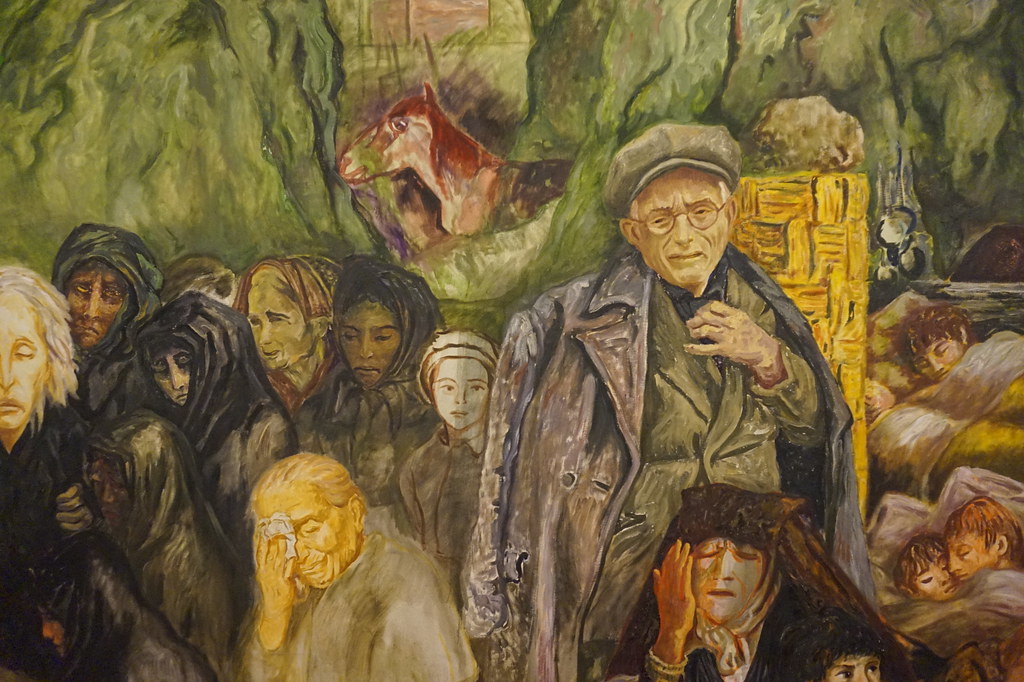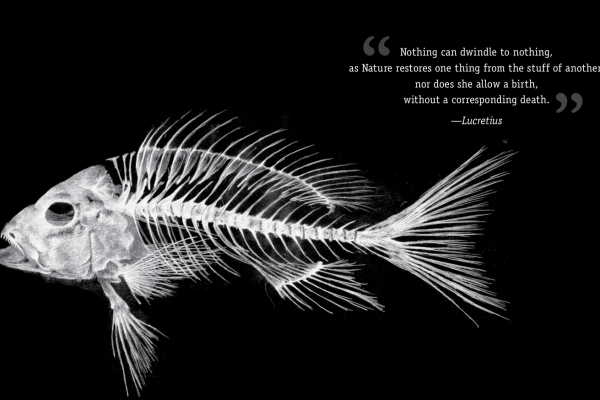Manuela Consonni
Manuela Consonni is the Director of the Italian Section in the Department of Romance and Latin American Studies at the Hebrew University of Jerusalem, and is a Scholion Fellow at the University’s Scholion Interdisciplinary Research Center in Jewish Studies. Her monograph Memory of the Deportation and Extermination in Italy between 1945-1985 (2008) was based on literature and memoir sources. She has published articles on Jewish–Christian relations after World War II, on memory and identity issues, and on gender questions. Dr. Consonni is a specialist in general and Jewish history and literary and cultural studies. Her fields of research include Shoah literature and studies in Italy in a comparative European context (Spain, France, and Germany); 19th- and 20th-century Italian literature; memory and national identity building in Western culture; cultural history; gender theory; and film studies. Dr. Consonni’s current research project is titled “Bracketing Death: Philosophical and Anthropological Analysis of Death and the History of the Shoah.” She is on the editorial board of the journal Italia – History and Literature of Italian Jewry.
Manuela Consonni, Resistance and Shoah, The Hebrew University of Jerusalem, 2010

Manuela Consonni’s new book focuses on the different uses of memory of the Resistance and of the Shoah, which began to take hold in Italy in the period spanning from 1945 to 1985. Italy is used as a case study for the understanding of the shaping and formation of the new European national identities after World War II. The book traces the changes in the character and functions of historical memory during this period when national consciousness was undergoing a critical development in its search for unity. What emerges are the tensions between the memory of antifascist resistance on the one hand and the shameful and disturbing awareness of the fascist past on the other. The author sheds new light on the process of Italian reconstruction and revitalization, including the rebuilding of national self-identity. This is the first attempt at an interdisciplinary synthesis of this kind, combining history, memoir literature, and other literary sources, historiographic debates as well as political discussions.










